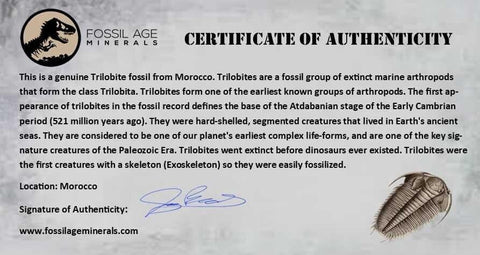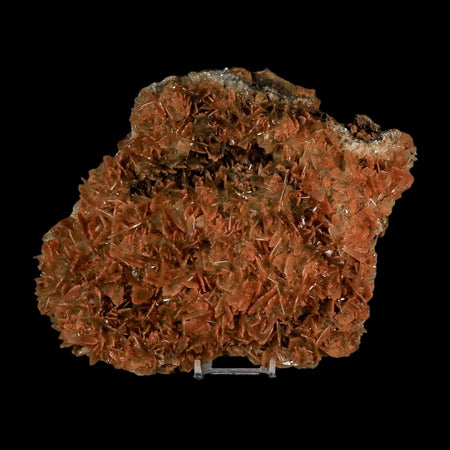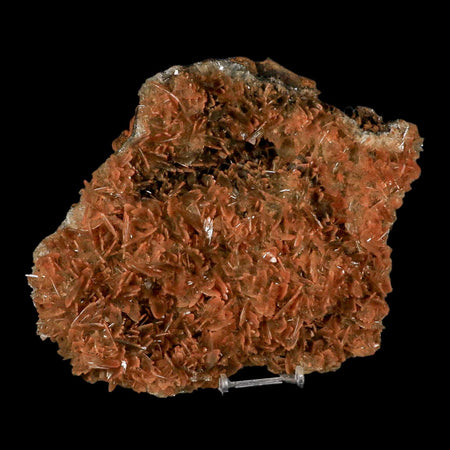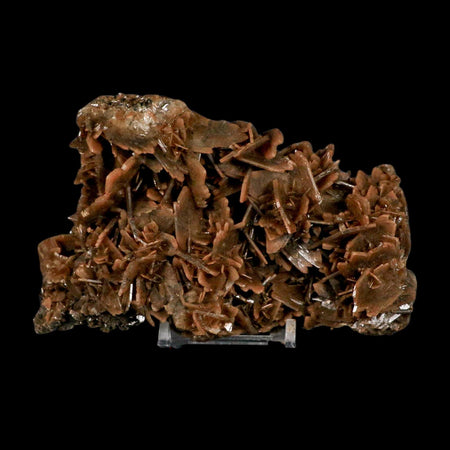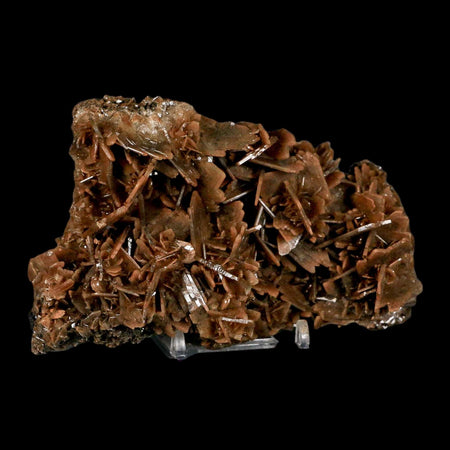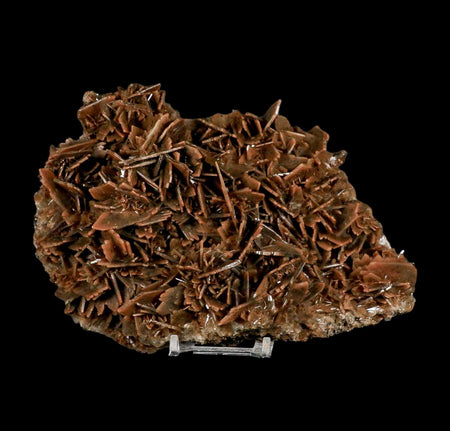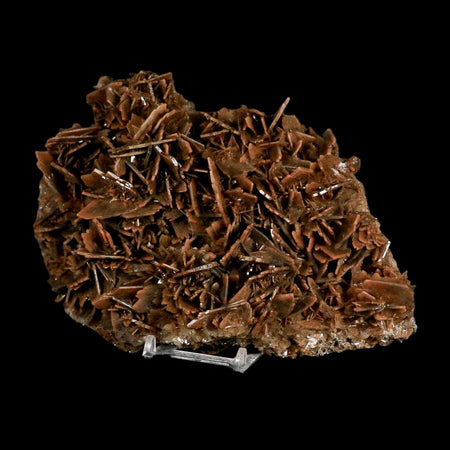3.6" Flexicalymene Trilobite Fossil Ordovician Age Tazzarine Region Morocco COA
Location: Tazzarine Region, Morocco
Weight: 4.6 Ounces
Dimensions: 3.6 Inches Long, 2.1 Inches Wide, 1.1 Inches Thick
Comes with a Certificate of Authenticity
The item pictured is the one you will receive.
Flexicalymene Trilobite
Trilobites are a group of extinct marine arthropods that make up the class Trilobita. They are among the earliest known arthropods. The first appearance of trilobites in the fossil record marks the start of the Atdabanian stage of the Early Cambrian period, about 521 million years ago. These creatures had hard shells and segmented bodies and lived in Earth's ancient seas. They are considered one of the earliest complex life-forms on our planet and are a key signature of the Paleozoic Era. Trilobites went extinct before the dinosaurs ever appeared.
Trilobites were the first creatures with a skeleton (Exoskeleton) so they were easily fossilized. Their shell is divided lengthwise into three lobes (hence, the name TRILOBITE meaning "three-lobed"): a central axial lobe, and two symmetrical pleural lobes that flank the axis.
Morphologically, the trilobite body is divided into three major sections:
1. a cephalon (or head) with eyes, mouthparts, and sensory organs such as antennae.
2. a middle region called the thorax with a number of overlapping segments (anywhere from 2 to 61).
3. a pygidium (or tail section) in which the segments were fused.

Please be aware of the nature of fossils:
Being buried underground for millions of years under immense pressure can be quite harsh. Few fossils emerge completely intact; most require some restoration, and some are modified by humans to improve their appearance. Moroccan workers are highly skilled in excavating and conserving these natural treasures, though natural cracks often appear on the surface. These cracks are part of the fossil's natural charm and are not regarded as flaws.











